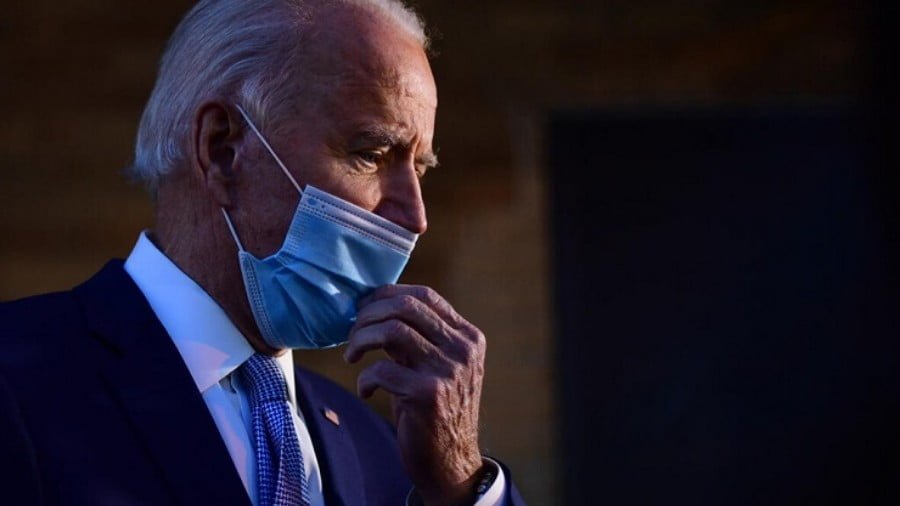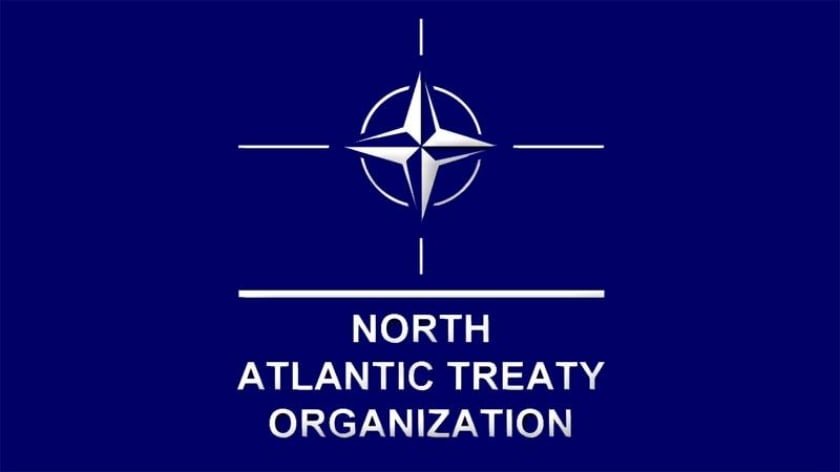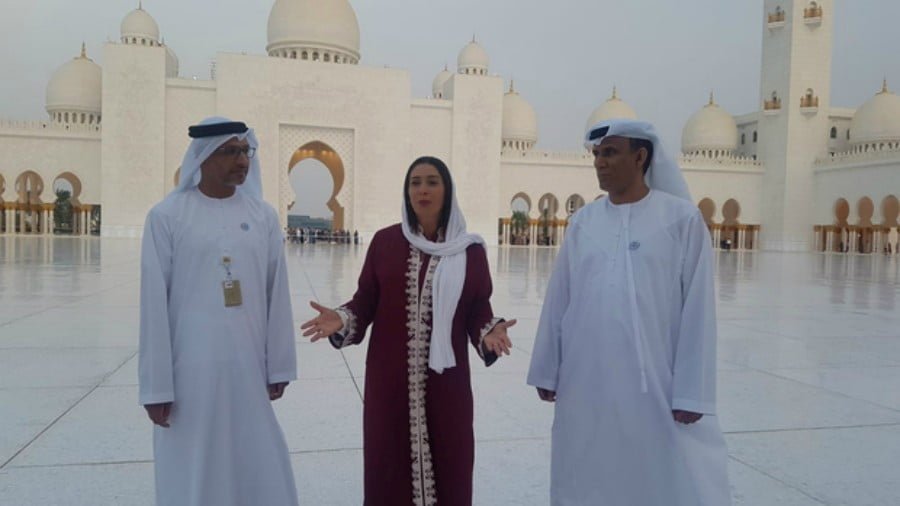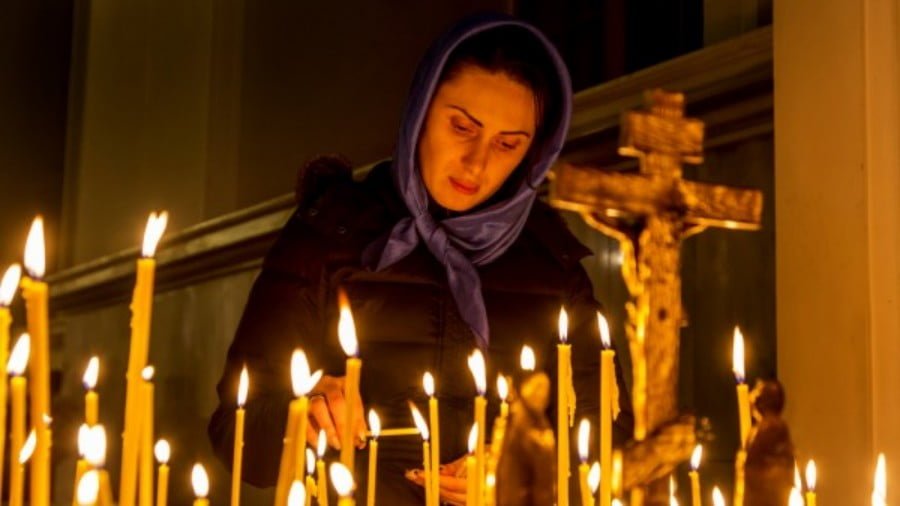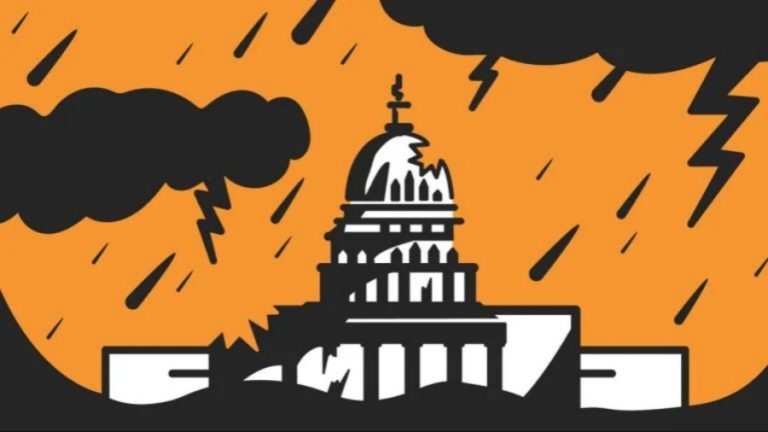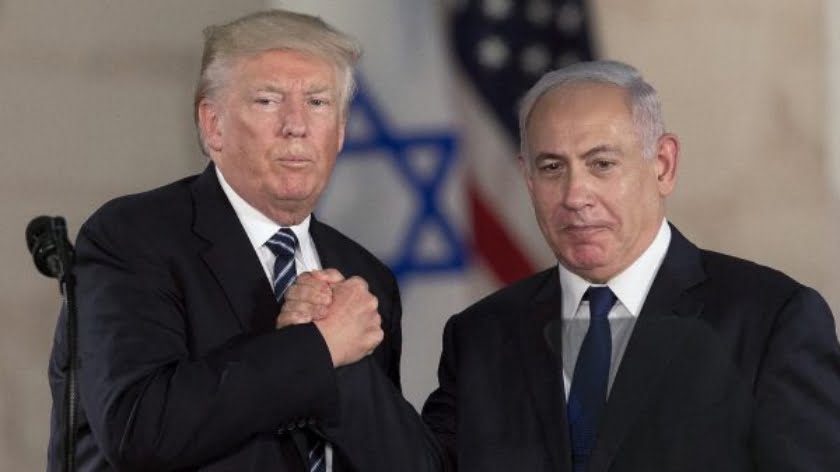Plans for Iran of Joe Biden’s Administration
Aside from numerous domestic problems facing President-elect Joe Biden and his fellow Democrats, there are also complex foreign issues, which need to be resolved as quickly as possible. While, for instance, US relations with the Russian Federation and China are, for the moment, strategic in nature, determining and appropriately adjusting the policy course towards Iran is an urgent priority.
So how is the next US President planning on fostering ties with Iranian Ayatollahs, a task that the climate in the Persian Gulf as well as the entire Middle East depends on?
For now, any assumptions about this can only be based on statements made by Joe Biden recently and during his election campaign. Still, it is important to keep in mind an apt saying “Something that looks good on paper does not always work in practice”. Unsurprisingly, during the short period of time left of his presidential term, Donald Trump aims to create new obstacles on the path towards improving the Iran–United States relations, which will, in turn, worsen the overall political climate and not only in the Middle Eastern region. In fact, the author can provide a telling example in support of the aforementioned hypothesis. In the middle of December, the US Department of the Treasury designated five entities that, according to the agency, facilitated the export of Iranian petrochemical products by Triliance Petrochemical Co. Ltd., in contravention of existing US sanctions. Donald Trump also vowed to keep ratcheting up the pressure on Iran via sanctions during his last days at the White House and urged President-elect Joe Biden to get the most out of such instruments when it comes to Tehran in the future.
Still, it is important to keep in mind that the Joint Comprehensive Plan of Action, JCPOA (on the Iranian nuclear program), was signed while Democrats President Barack Obama and Vice President Joe Biden were in power. As a result of the deal, in the opinion of quite a few people, the climate in the volatile Persian Gulf region improved. It is well known that afterwards, Republican President Donald Trump decided to withdraw from the agreement, most likely in an attempt to get under the Democrats’ skin. At present, the President-elect is facing a choice – either to rejoin the previous deal or to conduct new negotiations with Iranians and conclude a completely new agreement.
If everything goes according to plan, Joe Biden is expected to begin his presidential term starting on January 20, 2020. He has already clearly stated that the United States will return to the deal if Iran starts complying with its obligations under the JCPOA, which placed significant restrictions on Iran’s nuclear program in exchange for the lifting of sanctions. Hence, it seems that the President-elect will try to ensure the United States rejoins the existing Iran nuclear deal, signed under Barack Obama. Still, when and under what terms this will happen is an important issue that is bound to remain the focus of the White House, of US propaganda campaigns, and of active debates and discussions among members of the American Jewish Committee (AJC) and other parties concerned, including the three European partners who are part of the deal. At the same time, interests of USA’s Arab allies in the Middle East as well as of Israel, a country that two Arab nations from the Persian Gulf recently partnered with, will most likely be taken into consideration. It has been reported that the next US administration will also review threats that were not accounted for in the 2015 agreement, including Iran’s substantial and growing clout in the region and its ballistic missile program, which will need to be shut down.
If the author is to summarize all the statements made by Joe Biden and other leaders of the Democratic party, he will come up with four clearly defined points that are to guide the next US administration during any future negotiations. First if all, Joe Biden and his team will never rejoin the previous deal, signed in 2015, instead, in all likelihood, a new revised agreement, which is to be valid until year 2030, will be drafted.
Secondly, they will take measures to curb Iran’s ballistic missile program. The author would like to remind his readers that Iranian missiles proved their effectiveness when they were used to shoot down Global Hawk, an unmanned aerial vehicle (UAV), which was 20 km away above the Strait of Hormuz. In addition, they caused damage to oil processing facilities during an attack on two Saudi Arabian settlements of Abqaiq and Khurais. Plus another Iranian cruise missile easily reached its target, i.e. Saudi Aramco’s oil distribution station in Jeddah.
Thirdly, Joe Biden’s administration wants to put an end to Iran’s military expansion in the Middle Eastern region, which worries Israel and US allies on the Arabian Peninsula. The author is referring to the growing influence of Hezbollah in Lebanon, Ansar Allah in Yemen, Hamas, Palestinian Islamic Jihad in the Gaza strip (an organization banned in the Russian Federation), and the Popular Mobilization Forces (PMF) in Iraq.
Fourthly, the new team plans to extend the arms embargo imposed against Iran by the UN Security Council. As a consequence, Tehran will not be able to purchase up-to-date weapons or export cutting edge missiles and UAVs to the countries interested in purchasing them, i.e. developing nations and those located in the region.
Joe Biden talked about some of his plans in an interview with The New York Times. With his statements, President-elect must have wanted to assure moderate members of the Iranian government of the fact that returning to the JCPOA remained a priority. However, Germany’s Minister of Foreign Affairs Heiko Maas ignored Biden’s words and warned that the 2015 Iran nuclear deal “was no longer enough” for the EU. He also talked about expectations of the new agreement yet to be negotiated, which included Tehran ending its ballistic rocket program that threatened the entire region, and playing a more stabilizing role in this part of the world by breaking all ties with its armed allies. The insistent calls to shut down Iran’s ballistic missile program and to put an end to any initiatives to develop such armaments stem from the fact that their use showed how unreliable US air defense systems on the Arabian Peninsula were, and that these weapons became a direct threat to Israel.
Only time and Washington’s ability to work out new mutually beneficial terms of the Iran deal will determine how all of this will play out and whether it will help stabilize ties within the region. Up until now, the tactics employed by US Presidents included applying forceful pressure, using threats and sanctions as well as resorting to a policy of international terrorism. The most recent victims of such a doctrine on assassinations were government officials, Major General Qasem Soleimani of the Islamic Revolutionary Guard Corps and Mohsen Fakhrizadeh, a renowned scientist. It has been reported that the United States and Israel were responsible for the terrorist attacks, which they blatantly declared to have been carried out in their interests.
From the very first day of the Iranian Revolution, which ended in 1979, the country’s leadership has been trying to pursue policies in the interest of Iran and its people and to transform the country into a developed one by any measure. However, since 1979, Iran has also faced opposition from the United States, Europe and Israel that continued to view this nation as their own puppet state, which they can strip of its riches, particularly, of oil and gas. This confrontation has already lasted more than 40 years and there is no end in sight for it at present.
It is unlikely that the Iranian leadership will restart negotiations with the United States immediately considering the latter’s inconsistent policies, repeated refusals to fulfill undertaken obligations, over-reliance on sanctions, the use of pressure and penchant for international terrorism. In response to the assassination of Mohsen Fakhrizadeh, who was a mastermind behind Iran’s efforts to develop its nuclear program, the Iranian parliament has approved a bill that requires Iran to resume enrichment of uranium to 20% and to suspend UN inspections of the nation’s nuclear facilities. Its members also called for the end to “the voluntary implementation of the Additional Protocol to the Nuclear Non-Proliferation Treaty (NPT)” months after its ratification. These decisions do not mean that Iran will not seek revenge by other means, in all likelihood, it will do so at the right time.
Tehran has also seemingly started pushing for the development of its nuclear energy sector for peaceful use. In its December 5 edition, The Economist (a magazine with headquarters in the UK) reported that Iran had “accumulated 12 times more enriched uranium than permitted” (the limit is 300 kg), “enough for a pair bombs, if enriched further.” In its November 18 article, Reuters wrote that Iran had installed “advanced uranium-enriching centrifuges” at its nuclear facility sites underground. The aforementioned bill aimed at further reducing Iran’s nuclear commitments was recently approved by the Guardian Council with extraordinary speed. The Supreme National Security Council, headed by Secretary General Ali Shamkhani, also promptly ratified the new bill. All of these developments indicate that the Iranian leadership understand what challenges, posed by the West, Israel and a number of Persian Gulf nations, await them in the future.
Still, there is a chance of resolving this complex conflict that should satisfy the relevant sides and bring peace to this volatile region, i.e. if all the parties concerned reach agreements via peaceful negotiations. In fact, Deputy Foreign Minister of the Russian Federation Sergei Ryabkov and Iran’s Ambassador to Russia Kazem Jalali discussed such a possibility during a recent meeting on the Joint Comprehensive Plan of Action, JCPOA (on the Iranian nuclear program). On October 9, 2020, TASS reported that the two “highlighted the importance of further coordination of efforts of all its parties for the sustainable implementation of the agreement in accordance with UN Security Council Resolution 2231,” according to Russia’s Foreign Ministry statement. In addition, Russia’s Deputy Foreign Minister called on all JCPOA participants to show restraint and responsibility. Referring to US destructive moves, he also noted that there were certain forces that wanted to weaken the nuclear deal at the hands of Iran. Sergei Ryabkov went on to say that all JCPOA signatories needed to adopt necessary measures to save the agreement, adding that all parties had to show restraint and responsibility in this regard.

